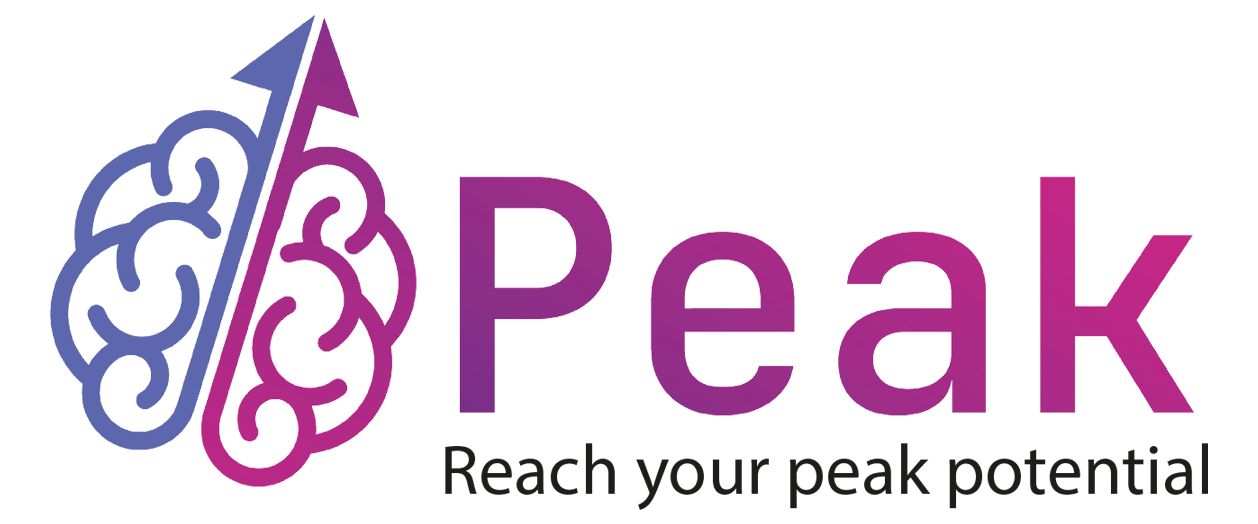Team sports require more than just individual talent. Success often hinges on team dynamics—how well players communicate, collaborate, and handle high-pressure situations together. Neurofeedback is emerging as an innovative tool for enhancing team cohesion and performance by helping athletes develop mental resilience and emotional regulation. In this post, we will explore the role of neurofeedback in fostering better team dynamics and improving overall performance.
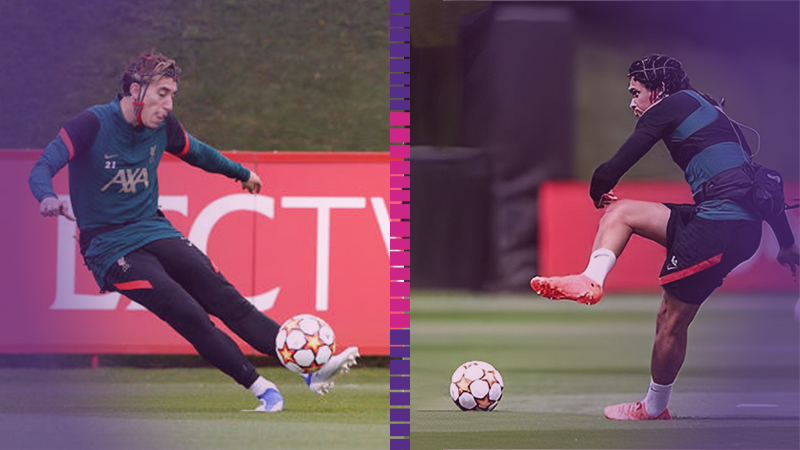
The Significance of Mental Resilience and Communication in Team Sports
In competitive team sports, athletes face immense pressure to perform consistently, especially during critical moments. Mental resilience—the ability to recover quickly from setbacks and maintain focus under stress—is key. Effective communication within the team is also essential for successful execution during games.
Mental Resilience:
Neurofeedback helps athletes train their brains to stay calm and focused under stress. By learning to regulate their brainwaves, athletes can handle high-pressure situations more effectively, which is crucial in team sports where momentum shifts can be sudden and impactful.
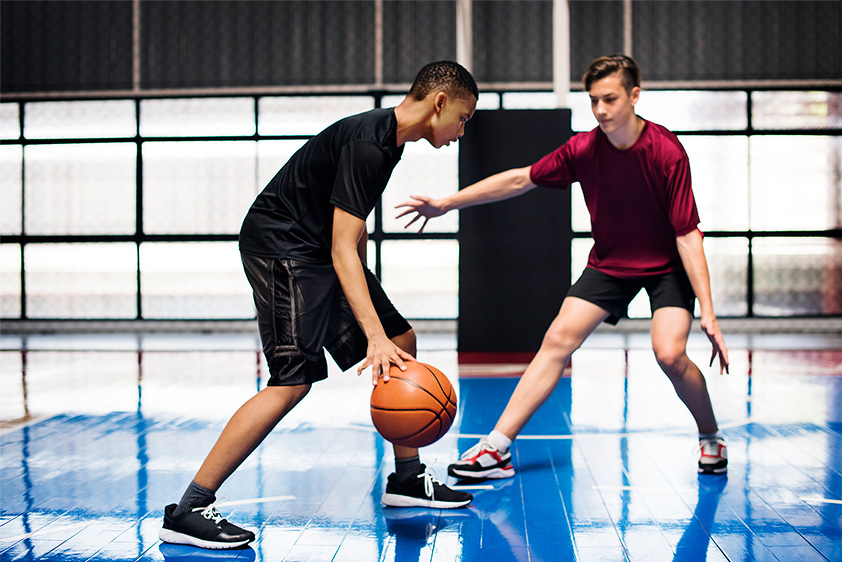
Improved Communication:
Effective communication is the backbone of any successful team. Neurofeedback trains athletes to maintain mental clarity during games, enabling them to communicate more effectively with their teammates, especially in fast-paced or stressful environments.
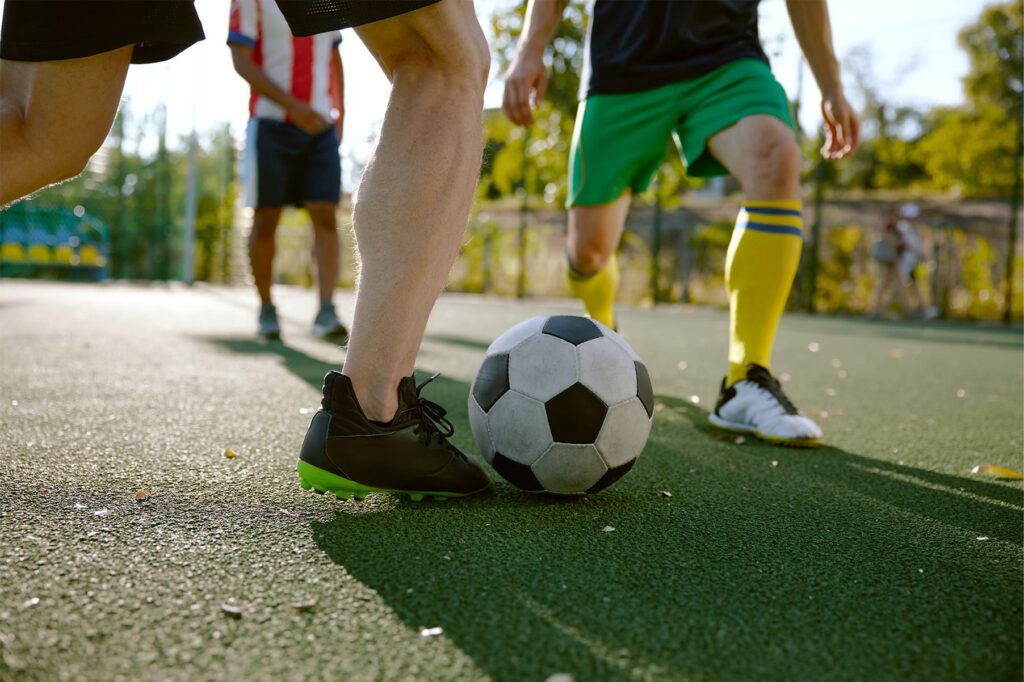
Examples of Teams Using Neurofeedback
Liverpool FC (Football)
Liverpool FC has used neurofeedback as part of its mental training program to improve focus and reduce performance anxiety during set-pieces. By incorporating neurofeedback into their training, players like Mo Salahhave improved their ability to stay calm and focused during critical moments of the game, resulting in better team performance during high-pressure situations
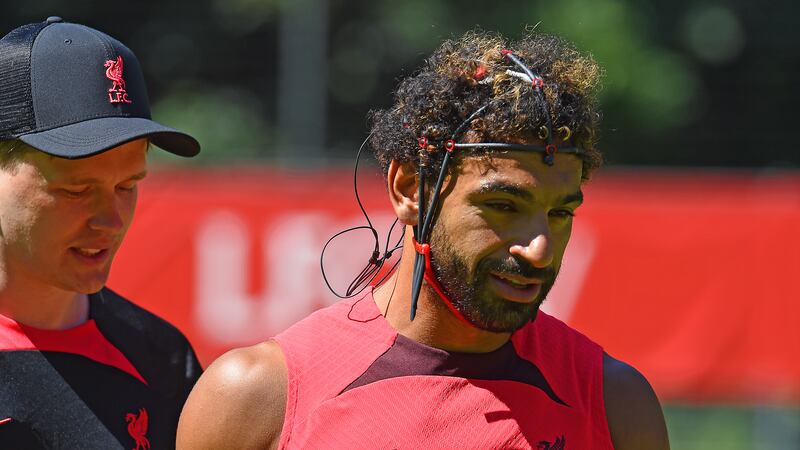
Italian Soccer Teams
Italian soccer teams have also embraced neurofeedback as a way to enhance team dynamics. Neurofeedback is used to improve mental clarity, allowing players to make better decisions in real time and maintain strong communication with their teammates

Olympic Teams
Neurofeedback has been used by Olympic teams across various sports to foster better cooperation and reduce performance anxiety. The ability to train the brain for optimal focus and relaxation helps Olympic athletes maintain emotional control and communicate effectively under intense competition

Insights from Sports Psychologists on Team Training Programs
Sports psychologists have been increasingly advocating for neurofeedback as part of team training programs, particularly because of its ability to improve mental resilience and team cohesion.
Dr. Tim Royer
a Neuropsychologist working with professional athletes, emphasizes that neurofeedback helps create a mental “zone” where athletes can thrive under pressure. By training their brains to manage stress and stay focused, athletes are better equipped to work together cohesively

Team Communication and Emotional Regulation
According to sports psychologists, neurofeedback also enhances emotional regulation, enabling athletes to manage frustrations and avoid breakdowns in communication. This is critical in sports where team unity can make the difference between winning and losing.
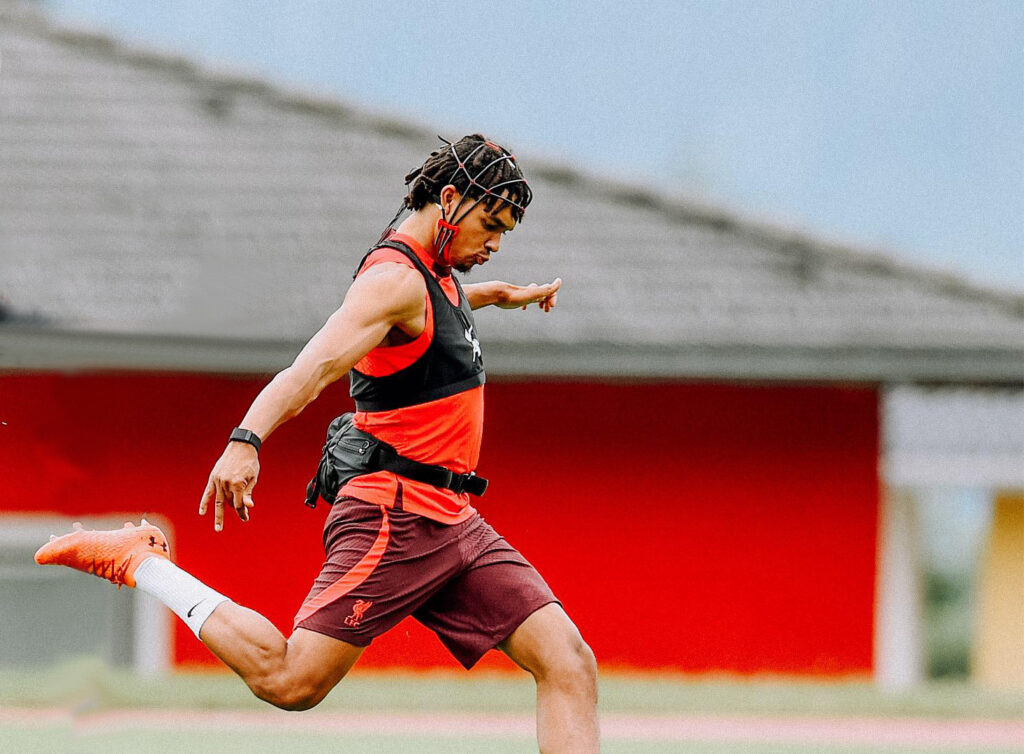
Practical Applications: How Teams Can Incorporate Neurofeedback
Team-Based Neurofeedback Sessions:
Teams can participate in neurofeedback sessions together, helping to create a shared mental framework. This encourages consistency in mental performance and ensures that each player can handle pressure in a way that benefits the team as a whole.
Stress Reduction Programs:
Neurofeedback is effective in reducing performance anxiety, which can hinder team dynamics. By incorporating neurofeedback into stress-reduction programs, teams can reduce the impact of anxiety on their communication and performance.

Conclusion: Building Stronger Teams with Neurofeedback
Neurofeedback offers a unique way to enhance both individual performance and team dynamics. By training athletes to stay mentally resilient and communicate more effectively, neurofeedback can lead to better cooperation and higher overall performance in team sports. If your team is ready to explore how neurofeedback can improve cohesion and performance, contact Peak Centers today to learn more about our specialized programs for athletes.
